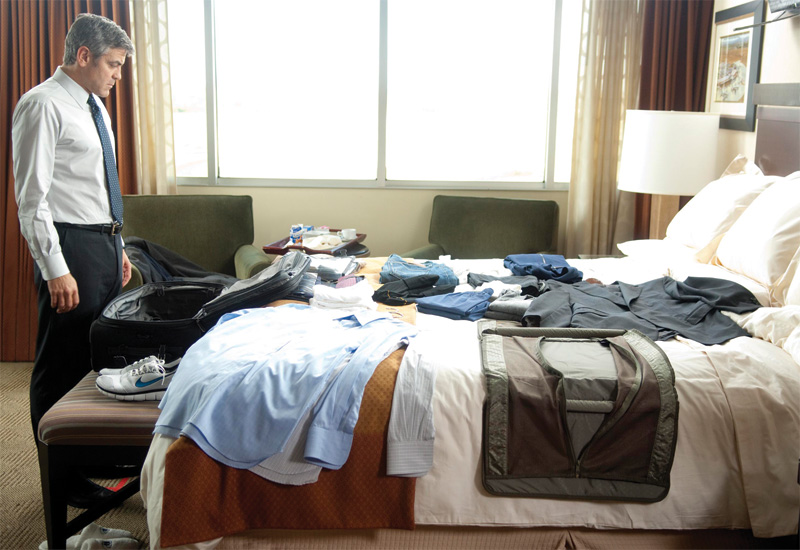 Loyalty programme addict and Hilton HHonors member, Up in the Air?s Ryan Bingham, better known as George Clooney: as a frequent traveller, one would t
Loyalty programme addict and Hilton HHonors member, Up in the Air?s Ryan Bingham, better known as George Clooney: as a frequent traveller, one would t
Even the newer loyalty programmes from regional brands have proved remarkably successful.
Rotana Rewards launched in April 2005 with three tiers now available: Classic, Select and Exclusive. Already, there are 25,000 active members with a renewal ratio of 75% yearly.
“Since its launch, Rotana Rewards Exclusive Programme had a frequency ratio of 3.5 visits per week per member, and the revenue generated is around 25% of the total company revenue,” says Rotana loyalty programme director, Elie Saliba.

| Advertisement |
These figures are a mere snapshot of the value of hotel loyalty programmes, which have become yet more important — and therefore potentially more profitable — in the changing economic climate of recent years.
Dion Maritz, general manager at loyalty marketing specialist ICLP Middle East explains.
“With the advent of global recession since 2008, hotels in the Middle East are faced with challenges of oversupply of rooms which will continue to affect the market in the next couple of years.
The impact of this on reducing price points and squeezing margins remains a significant challenge for hoteliers. Previously, hotels in the Middle East used to have one of the highest average daily room rates in the world — but these are now being eroded.
“With the above pressures, brands now have to look inward to tap into one of their most valuable corporate assets — their loyalty programme. They can use this direct channel to deliver better margins by understanding and targeting the less price sensitive customer, and driving the data to identify further opportunities within their databases,” explains Maritz.
“Programmes are also seeing rising redemption rates. Research conducted on behalf of Wyndham Hotels and Resorts in the US for instance shows that 20% of consumers believed that they would be unable to take their next holiday without using loyalty points or miles, which suggests that the current economic climate has increased the importance of utilising travel rewards in holiday planning.
“Many of the leading brands are currently benefitting from the kudos of being seen and being able to help their loyal customers still enjoy a holiday by cashing in their reward points. The result of which is that customers are engaging more readily and more often with their chosen brand,” he asserts.
Taylor says he has seen this trend at Starwood. “Loyalty programmes such as SPG keep guests travelling during tough economic times. Cost crunching consumers can tap into the power of SPG to book flights, hotel stays and more, all cash free.”
Such schemes are extremely important for a hotel’s business to stay competitive, agrees Hilton’s Diskin, “especially in an economy where price-sensitive consumers are looking for greater experiences at better prices”.








 Search our database of more than 2,700 industry companies
Search our database of more than 2,700 industry companies









